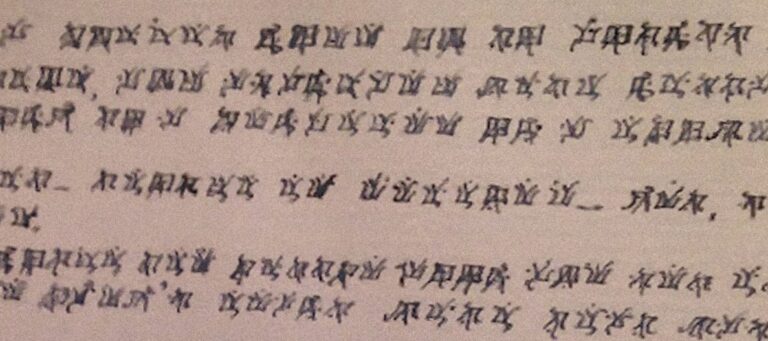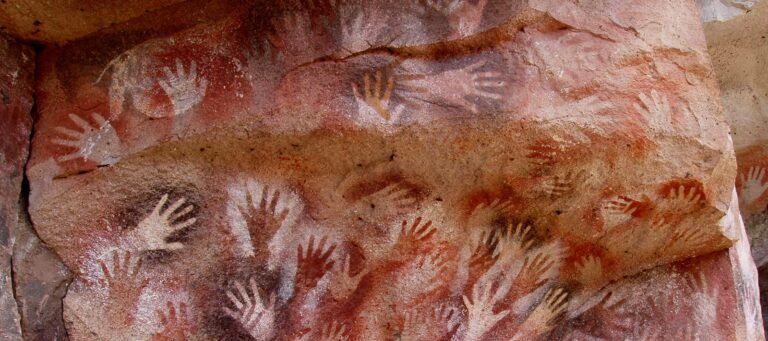Cracking the Coded Message in Owen Barfield’s Copy of The Allegory of Love
Among the invaluable Inklings books and memorabilia shown to me by Walter Hooper during my visit to his flat on July 22, 2015 was a first edition copy of The Allegory of Love (1936), C.S. Lewis’s own presentation copy to Owen Barfield, later given to Walter by Owen. What made it so interesting was not just its provenance, but more so its inscription on the dedication page encoded in a runic cipher.
Continue Reading




